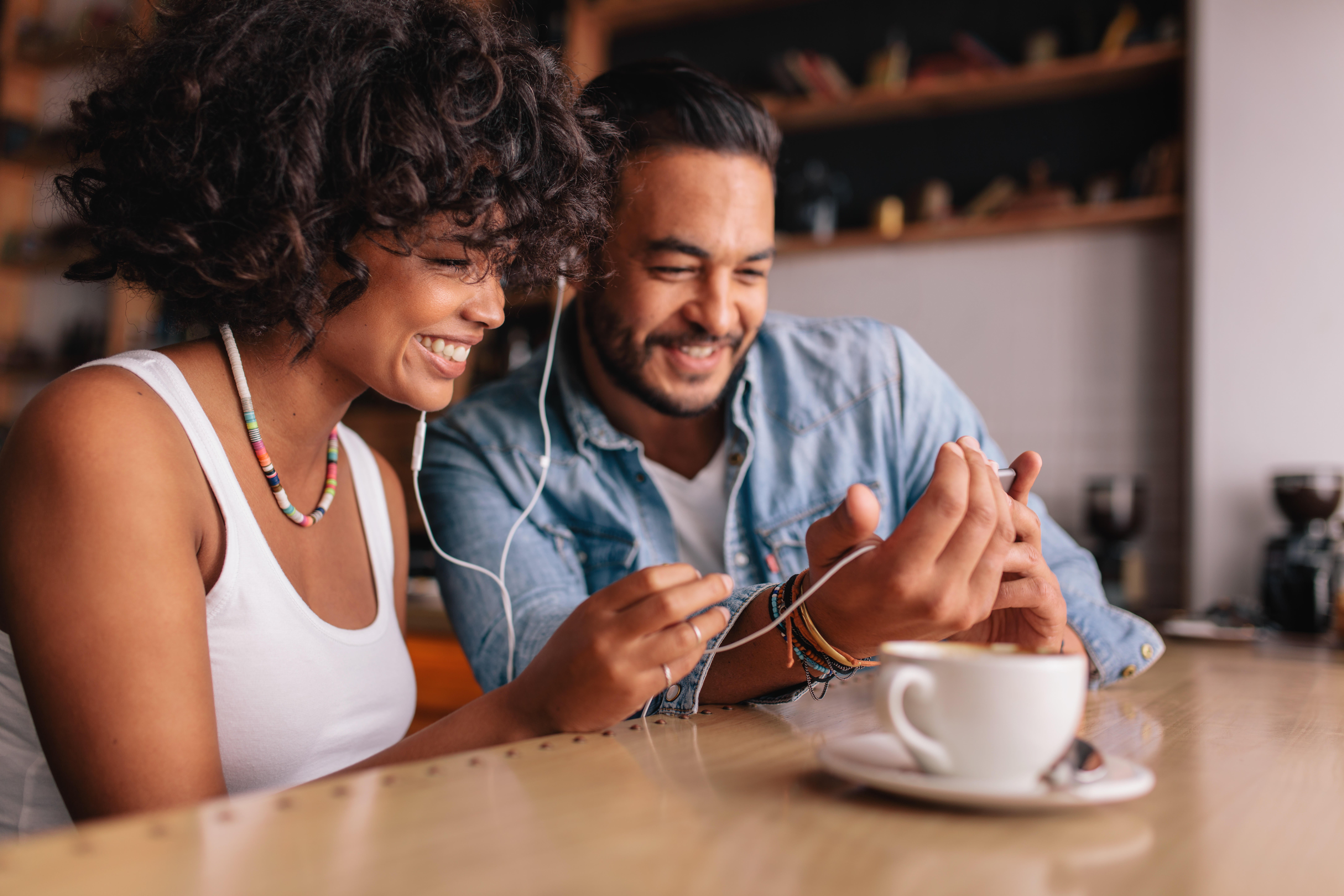How to find the positives in time spent in lockdown
A career coach and a licensed psychotherapist explain how to make the best of the bad hand we have been dealt over the past year.

Your support helps us to tell the story
From reproductive rights to climate change to Big Tech, The Independent is on the ground when the story is developing. Whether it's investigating the financials of Elon Musk's pro-Trump PAC or producing our latest documentary, 'The A Word', which shines a light on the American women fighting for reproductive rights, we know how important it is to parse out the facts from the messaging.
At such a critical moment in US history, we need reporters on the ground. Your donation allows us to keep sending journalists to speak to both sides of the story.
The Independent is trusted by Americans across the entire political spectrum. And unlike many other quality news outlets, we choose not to lock Americans out of our reporting and analysis with paywalls. We believe quality journalism should be available to everyone, paid for by those who can afford it.
Your support makes all the difference.Despite the undeniable difficulty of lockdown, it has allowed people to try new hobbies, catch up on old TV shows, and learn valuable life lessons.
A career coach and a licensed psychotherapist explain how to make the best of things…
What can we learn from lockdown to improve our wellbeing?
Career coach Claudine Robson said lockdown has provided an opportunity to consider “reinventing who we are and what we stand for”, and to think about things that may be important to us but we have put on the back burner. She said: “In many cases, lockdown shifted people’s values and a ‘make the most of every day’ attitude has come more to the fore for a lot of people.”
Robson suggests that being grateful and appreciative of the small things in life has become “an often-heard mantra”, adding this does “wonderful things for your mental state”.
What positive changes from the last year could we take forward?
The experience of the last year has made us more community-minded, Robson said. “We have sought out like-minded others through social media groups and many have volunteered locally — for example, collecting prescriptions, keeping an eye on our elders, or donating laptops to school children.
Lockdown has made us nicer people, on the whole
“It is good to take a step back sometimes and consider what we have and where we want to go. Understanding what we want out of life allows us to take conscious, deliberate steps to edit where we are in favour of where we’d like to be. Lockdown has spurred an uptick in learning and studying towards new skill sets and setting up ‘side hustles’.”
How has lockdown changed us?
Robson said: “Lockdown has made us nicer people, on the whole, who are less involved in our own small worlds and more open to the plight of others, it gave us the time and head space to assess who we are now and who we might want to be in the future.
“Many people have changed the way they live in lockdown and have recognised that there are elements of their old lives that they don’t want back, and having the time to think about ourselves, our wants and our needs is something of a luxury — what we need to do now is process those thoughts and turn them into an action plan.”
What other lessons can we take from living in lockdown?
Sam Nabil, licensed psychotherapist and creator of the Positive Existential Therapy (PET) method, said lockdown has taught us many lessons, the most important being “appreciating more the things money can’t buy like family and friends, health, and the freedom to move around”.
He said: “Life is more of value when you focus on what you possess than on what you lack.”
Robson said: “Lockdown has taught us to appreciate our parents, extended families and friends we don’t see very often. It’s been a harsh awakening that those people might not always be there and shouldn’t be taken for granted, and we’ve had to be more creative with how we keep in touch.
“In a very British sense, we’ve learnt to make the most of what we have.”